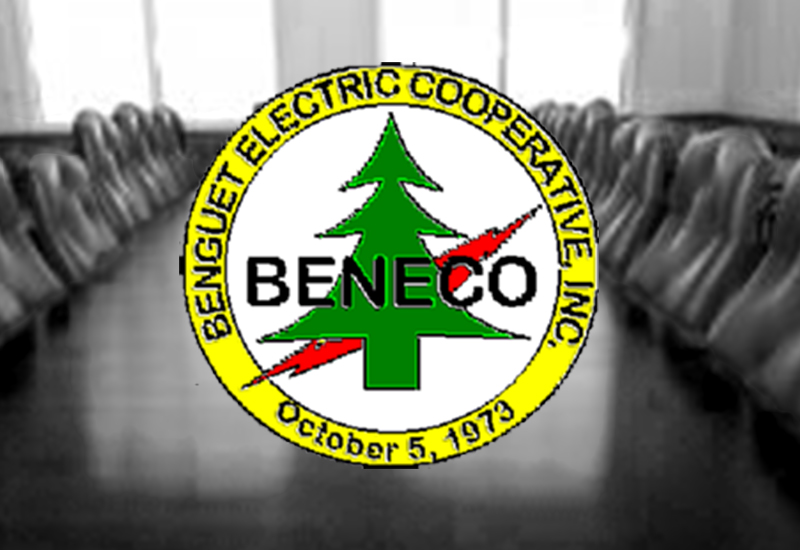PASAY CITY – The Benguet Electric Cooperative (BENECO) is open to the entry of the private sector in its franchise area to help energize unviable areas that will contribute in efforts to realize the government’s bid to fully energize the country by 2022.
BENECO general manager Gerardo P. Verzosa disclosed that aside from unviable areas in the countryside, the electric cooperative is also willing to give up viable areas to interested private sector groups, provided that the companies wanting to do so will offer cheaper power rates compared to the prevailing rates being charged to the consumers by the electric cooperative (EC).
“Aside from reliable distribution system and quality power, the bottom line for those private sector wanting electric cooperatives to waive viable areas is to lower power rates for the benefit of our increasing number of consumers,” Verzosa stressed.
Verzosa and some BENECO officials recently attended the public hearing conducted by the Senate Committee on Energy in relation to the implementation of the government’s Sitio Electrification Program (SEP) to achieve the goal of having fully energized the country by the present administration’s end of the term.
The BENECO official asserted the need for the government to significantly increase the subsidy it is providing the ECs for the intensified energization of unviable areas within their franchise areas. If ECs will be obliged to solely handle the implementation of rural electrification programs in their franchise areas, power rates will likely increase because consumers would shoulder the expenses incurred in the implementation of the energization programs.
He agreed with executive director Janine Colingan of the Philippine Rural Electric Cooperatives Association (PHILRECA), in her stand that the implementation of the energization of unviable areas should be a partnership among the ECs, the government and the private sector because of the importance of the pooling of available resources to bring electricity to the countryside and contribute in improving socio-economic growth in remote villages.
According to him, rural electrification is a continuing endeavour of the government because sitios continue to sprout annually due to the increasing number of people wanting to establish their residences in various parts of the country.
The implementation of rural electrification programs is part of the government’s mandate lodged under the National Electrification Administration (NEA) and the ECs through the establishment of appropriate linkages with the country’s private sector.
Verzosa pointed out there is a need for renewable energy companies wanting to help in the implementation of energization of unviable areas to make sure that the investments being infused to bring power to the countryside will not mean higher power costs for the people or charged to subsidies under the universal charge for missionary electrification component of the rate because all consumers in the country will be paying for the cost of electrification of the unserved and underserved areas around the country.
By Dexter A. See













